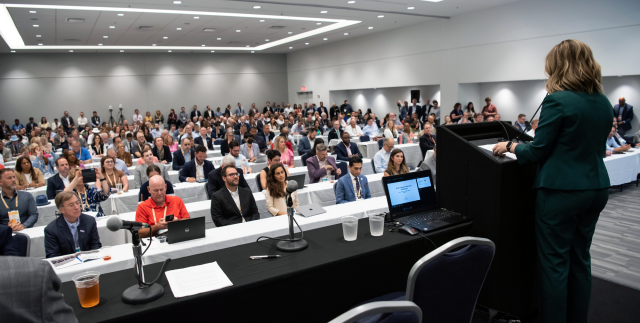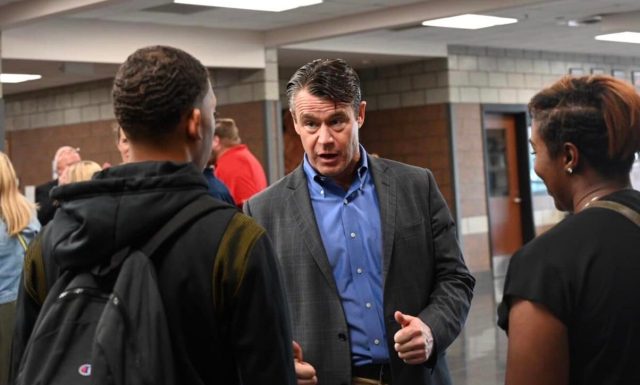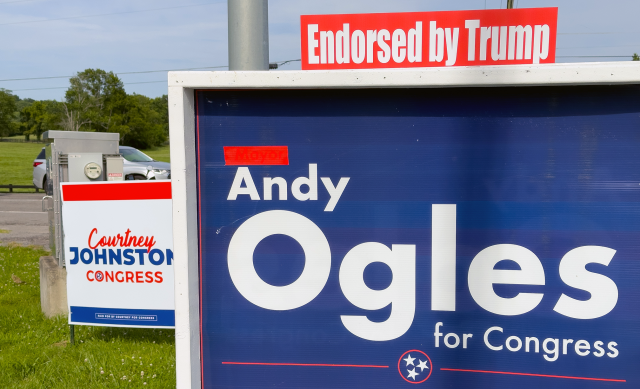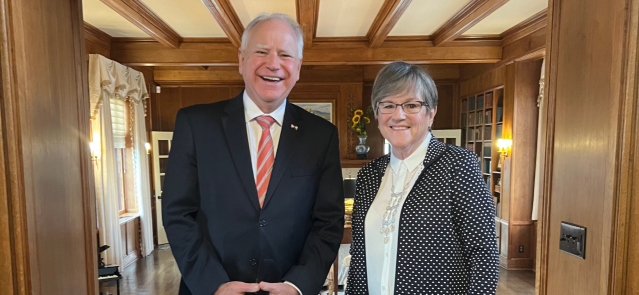The $4 million interim project, which is expected to be complete in September, addresses 5 miles of the roadway that were extensively damaged from flooding in 2019. In addition to the current project, ADOT continues seeking federal funding for more extensive upgrades , estimated to cost $33.7 million, that would make the highway accessible to other vehicles and more resilient to storms.
Since the interim project began July 22 between mileposts 222 and 227, a contractor has worked quickly to remove large boulders that blocked SR 88 on a steep section at Fish Creek Hill, which is 9 miles east of Tortilla Flat. Crews have since broken up the boulders and used the material to fill in eroded areas of the roadway and slope.
Other work underway now or in the coming weeks includes mitigating rockfall between Fish Creek Hill Overlook and Fish Creek, installing new signage, and cleaning and repairing drainage culverts.
ADOT emphasizes that the roadway will only be suitable for high clearance four-wheel drive vehicles as well as utility task vehicles when this stretch reopens. The roadway is not intended for travel in vehicles that lack four-wheel drive.
Before this project began, ADOT maintenance crews removed vegetation, filled in eroded roadway sections and cleaned out culverts. Work in the project area requires U.S. Forest Service review and approval of any activity, as SR 88 follows an easement through federal land. The project also must meet all applicable state and federal environmental requirements.
These 5 miles of SR 88 have been closed between Fish Creek Hill Overlook and the Reavis Trailhead since the 2019 flooding, which was made worse in areas by runoff from the Woodbury Fire scar. ADOT reopened 1.7 miles west to the popular Reavis Trailhead in 2022. The original closure point on the east side was at Apache Lake Marina at milepost 229. While the area between mileposts 222-227 previously had been open to hikers, bicyclists and equestrians, no public access is allowed during the current project.
Traveling between the East Valley and Roosevelt Lake, Apache Trail was built during construction of Theodore Roosevelt Dam, which was completed in 1911. Prior to closing in 2019, the stretch between Tortilla Flat and Apache Lake was used by an average of 232 vehicles daily. ADOT has performed extensive work since 2019 to restore access to and improve other damaged sections of SR 88 and made regular repairs when flooding has damaged areas that are open to traffic. Motorists can safely access Canyon Lake, Tortilla Flat and other points on the west side of the closure.
For more information on the SR 88, please visit azdot.gov/SR88ApacheTrail .






